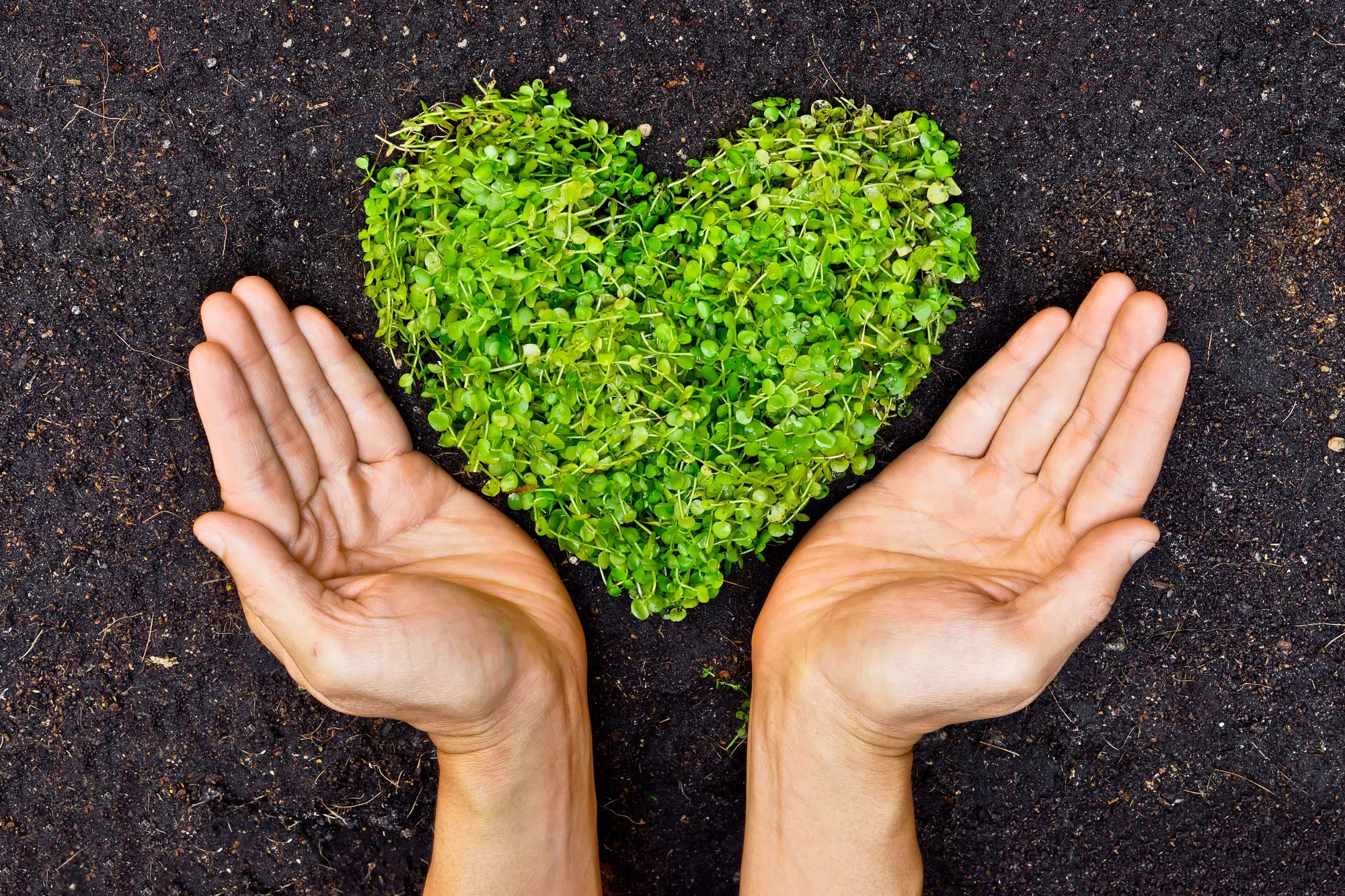March 22nd is Earth Day, a day reserved for reminding us to be better to the planet we live on. Every year, a number of organizations will step their game up in bringing together the community in an effort to clean up garbage, learn more about the environment and to practice more eco-friendly habits. For those committed to bringing these efforts into their every day, here are just a few easy ways to start…
Use those reusable shopping bags
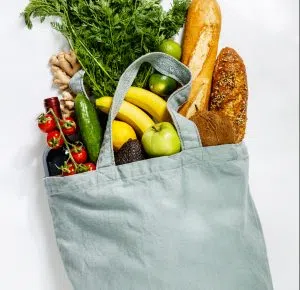
klenova / Depositphotos.com
By remembering your reusable bags, you can save money and save the environment. In Nova Scotia, plastic bags are already gone but reusable bags are still a manufactured material. Find ways to remember your shopping bags by keeping some in your car, in your bag, or just by the front door so you don’t forget them At a price tag of $1 to $5, you will absolutely save yourself a bit of pocket cash as well. Another option is to use paper bags where applicable, they make great compost bags and are recyclable. Forget forgetting the reusable bags and opt in to paper, like they did before plastic bags came around.
Skip the rush order
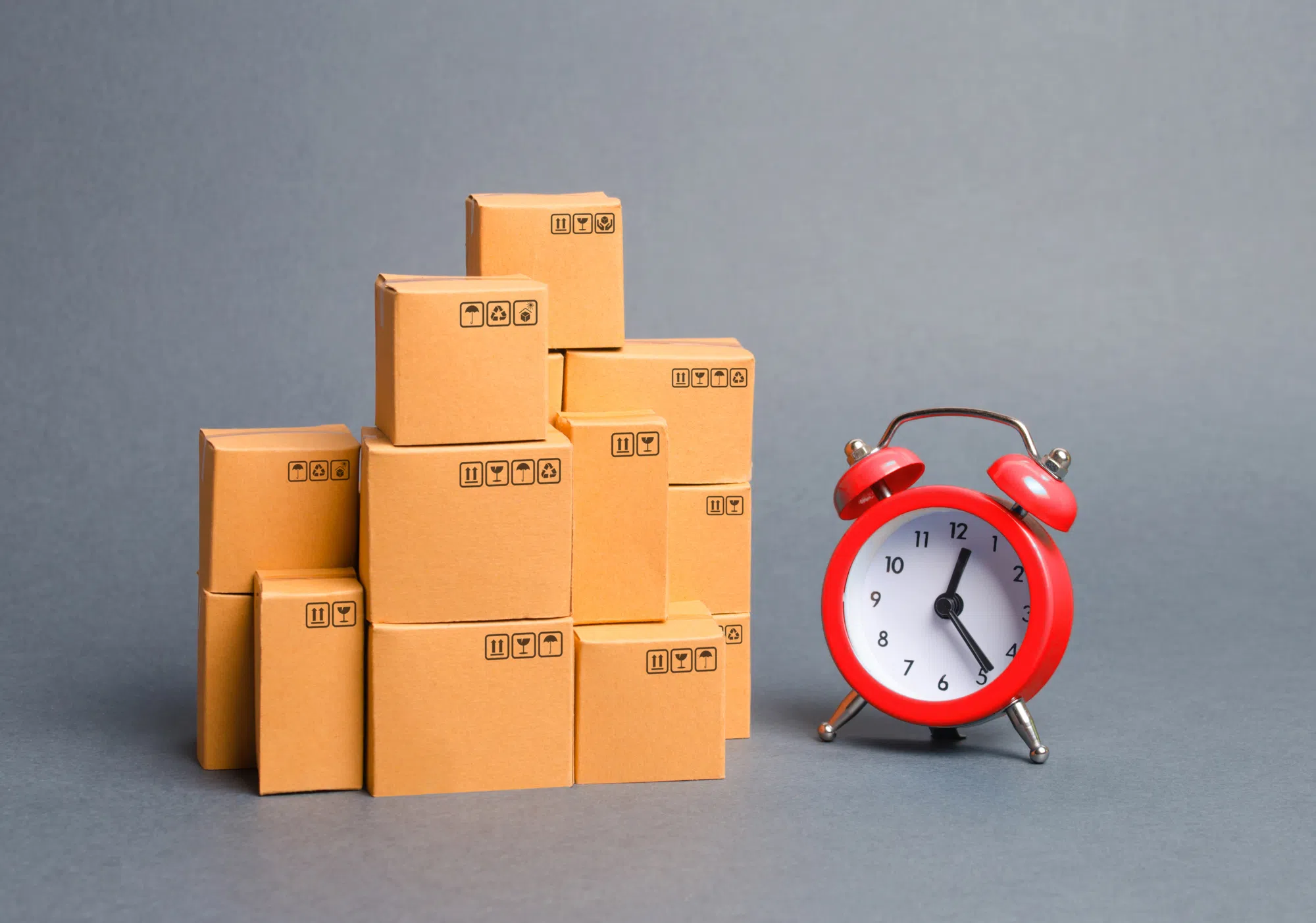
ilixe48 / Depositphotos.com
As online ordering becomes more of an everyday norm, it is important to acknowledge the effect that online shopping has on carbon emissions. If ordering things online is unavoidable, it is well worth the wait. Express deliveries make up for 50% of all carbon emissions from the online shopping industry. Cutting down on express delivery means more items can be transported at once leading to less of a demand for transportation overall.
Use energy efficient lightbulbs

peshkova / Depositphotos.com
Using LED and energy efficient bulbs is not only a good way to do your part, but is just a better option overall. Energy efficient bulbs last up to 12 times longer than regular incandescent bulbs; which lose 80% of their power through heat alone. Some sources even claim that the manufacturing of LED bulbs emits 40kg less carbon emissions than incandescent. They are also much brighter. Its a win-win-win!
Use Eco-Friendly cleaning products
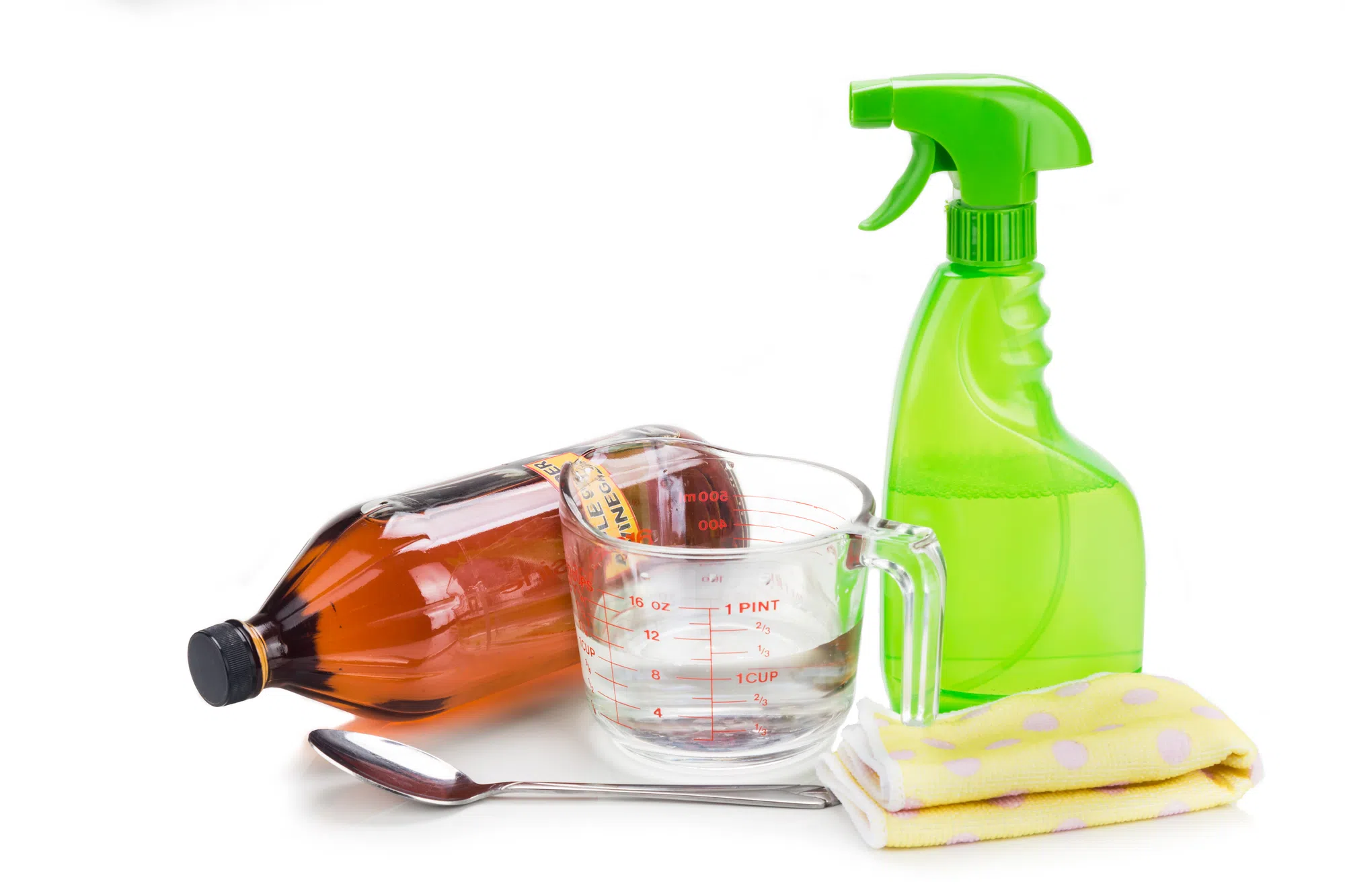
Thamkc / Depositphotos.com
Many cleaning products contain toxic chemicals used as detergents, preservatives and foaming agents that end up down your drain and build up in bodies of water due to their inability to break down. For many years, we have steered away from that old fashioned vinegar, baking soda and lemon juice and turned towards bleach and detergents. There are a number of companies now dedicated to providing a healthier, more eco-friendly alternative that are equally as effective as the more chemical-formulated products.
Eat less Meat

duskbabe / Depositphotos.com
Meat and Dairy are notoriously the biggest perpetrators in greenhouse gas emissions with bovine flatulence alone accounting for 60% of these emissions alone. While switching to a plant-based diet may not be for everyone, you can do your part by switching that burger out for a black bean patty occasionally. When it comes to dairy alternatives, oat milk uses 60 per cent less energy, 80 per cent fewer carbon emissions and 80 per cent less land than cow’s milk. It also contains less sugar, none of the hormones, and fewer calories than animal-sourced dairy products.
Eat your leftovers (or compost them)
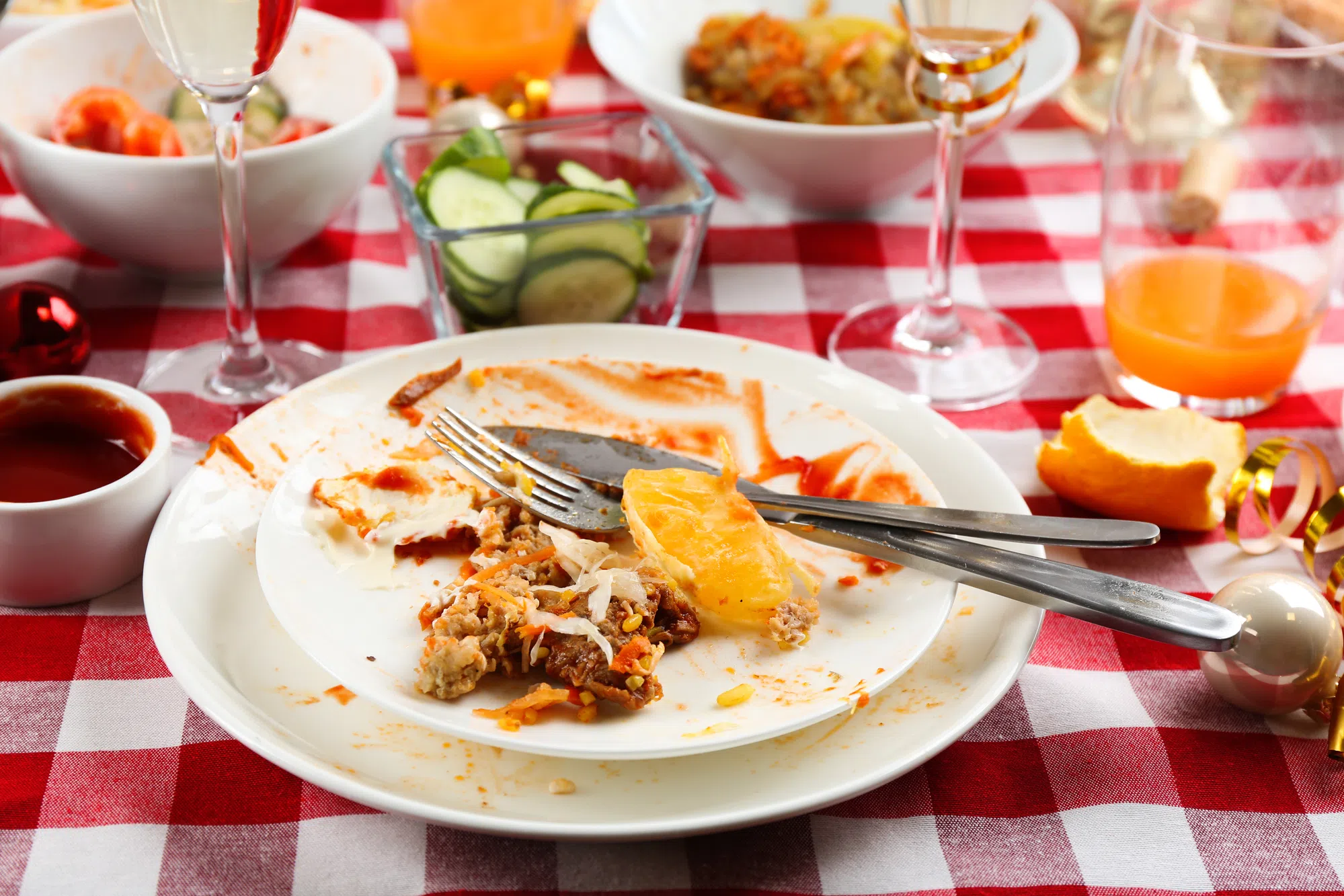
NewAfrica / Depositphotos.com
When it comes to the food industry, it isn’t just the ingredients contributing to pollution. Food waste contributes to 6% of total global emissions, between methane produced from landfills and processing at waste facilities. Be conscious of portion sizes, only make what you need, and consider using food scraps as compost for garden beds and houseplants.


